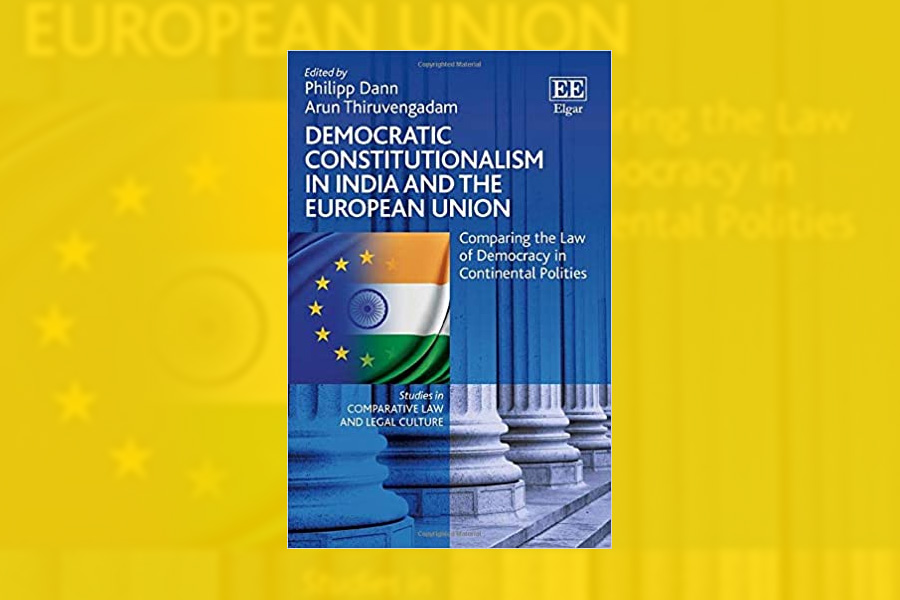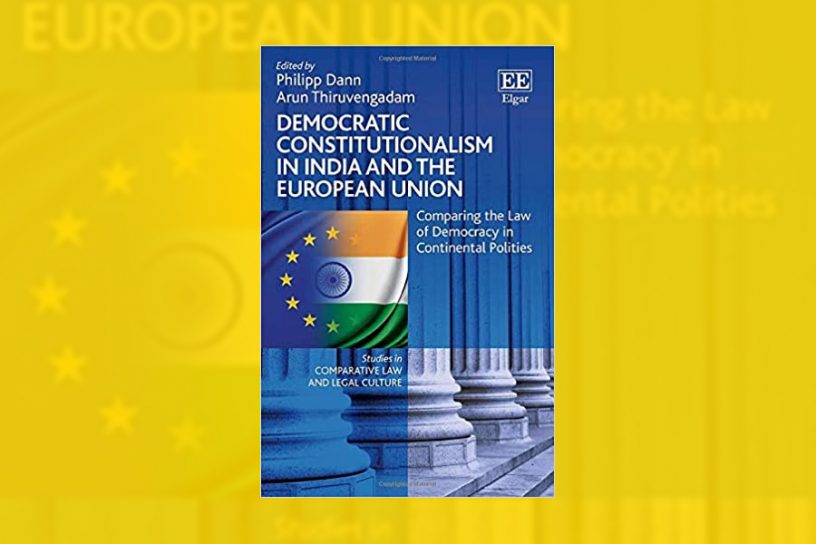
This book chapter engages with the political complexities of heterogeneous identities and diversity within the socio-political contexts of India and the EU, thereby fostering a better understanding of the challenges of democratic representation in both the contexts.
Authors
Aditi, Assistant Professor, Jindal Global Law School, O.P. Jindal Global University, Sonipat, Haryana, India.
Jelena Von Achenbach, University of Giessen, Germany.
Summary
The paper explores the issue of electoral representation in heterogeneous socio-political contexts of India and the EU, identifying and evaluating common questions of formal and substantive issues of parliamentary representation.
The first part of the paper looks at the electoral framework, and engages with the formal concept of ‘one man, one vote’, and the extent to which it manifests in both the electoral systems.
The second part of the paper brings forth questions of substantive representations of diverse identities, and the measures taken in both systems to deal with this challenge.
The paper engages with the political complexities of heterogeneous identities and diversity within the polity, thereby fostering a better understanding of the challenges of democratic representation in both the contexts.
The comparative analysis in this wider backdrop allows for insights regarding how to foster resilient democratic linkages and fair and pluralistic representation of the people.
Published in: Democratic Constitutionalism in India and the European Union: Comparing the Law of Democracy in Continental Polities, Pages 137 – 161.
To read the full book chapter, please click here.


